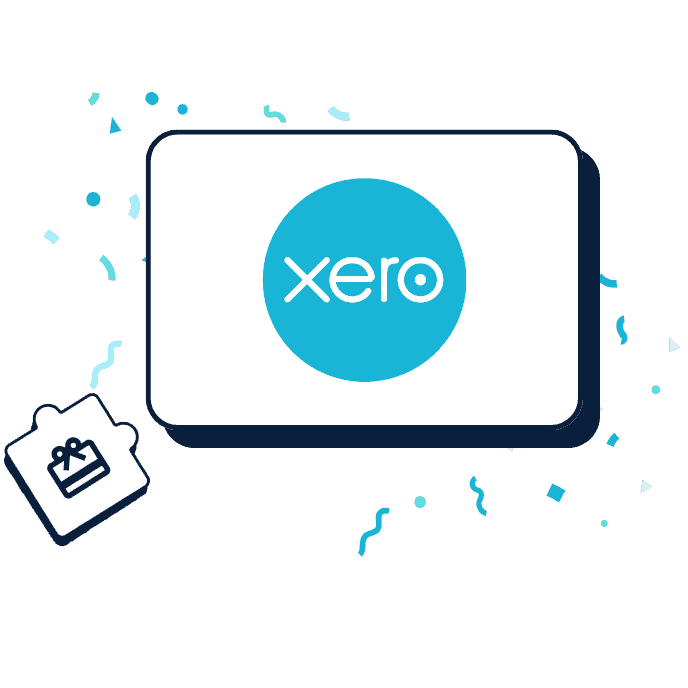Written by
Ilyas Omari
Reviewed by
So you have started a business and are not sure if you can take funds from your business account for personal use? Trust us, you aren’t the only business owner battling this dilemma.
The short answer to the question is yes, individuals can withdraw funds from their business account for personal use; however, a detailed explanation is necessary to understand the intricate process of safely withdrawing money without significant financial consequences.
Dealing with business finances can be quite an administrative upheaval. If you work for yourself, the line between business income and your own can become blurred. This is why it is very important to manage these affairs carefully. Being in control of your finances is liberating, but it is incumbent on you to abide by any legal obligations in respect of this.
Failure to adhere to these requirements can result in legal consequences for you and your business.
In this article, we’ll take you through when you can use business funds for personal use.
Read along!
Who can withdraw money from a business account?
It is common for people to withdraw from a business bank account for personal use.
However, this depends on whether:
- You hold a director or shareholder position in a company that operates a small business (your business).
- You act as a trustee or beneficiary of a trust that operates a small business (your business).
- You serve as a director for a corporate trustee of a trust that operates a small business (your business).
- You have a current or past association with a shareholder (individual or entity). An association can include being a relative, partner, spouse, or entity controlled by a shareholder.
Sole trader vs Company—can you withdraw money?
Sole traders
The laws regarding sole traders and the use of business income are different to that of companies. As a sole trader, you may take money from the business bank account as ‘personal drawings’. However, you must remember that as a sole trader business structure, amounts taken from the business form part of your taxable income and must be declared.
Whilst a separate business bank account is not a legal requirement, it is recommended so you can keep track of your business finances. Even if you have registered a business name different to your own, you may legally use an existing bank account in your personal name for your business.
Company
As companies exist as a separate legal entity, they must have separate bank account for the business. The company will also be liable for bank fees, depending on the type of account it opens. Signatories are required for the bank account and must be over the age of 18. Accordingly, even if you are the company’s director or majority shareholder, you cannot withdraw money for personal use.
The company pays a director’s wages or director’s fees, but ‘personal drawings’ are not allowed. Ultimately, company funds must be used for appropriate company purposes. The Australian Government Business website contains more information on these requirements.
Tax on business bank account for personal use
Withdrawing money from business accounts will impact your tax. Keeping records of all your transactions will make tax time a whole lot easier. Some of the implications can be positive, and some negative.
As mentioned, withdrawing money from your business bank account for personal use may constitute part of your personal income. In any event, the better you structure your business finances, the more prepared you will be at the end of the financial year. If you are in the process of starting a business, it is worth reading up on the Australian Taxation Office’s business banking guidelines.

Get 90% off Xero for your first 6 months
How to use money or assets from a company or trust
Here are some ways in which you can utilise money or assets from a company or trust:
- Salary and Wages: You can receive a regular income from the company or trust, typically called employment income.
- Fringe Benefits: As an employee, you may enjoy additional perks, such as using the company’s car for personal use.
- Director Fees: If you hold a position as a director, you can receive fees for your services rendered.
- Dividends: As a shareholder of the company, you may receive dividends, which are distributions of the company’s profits. For more information, refer to the topic of paying dividends and other distributions.
- Trust Distributions: If you are a beneficiary of a trust, you may receive distributions from the trust’s assets. To understand this further, please review the information on trustees and beneficiaries.
- Loans: It is possible to obtain loans from either the trust or the company. Specific details about loans by private companies can be found in relevant resources.
- Allowances or Reimbursements: The trust or company might provide you with allowances or reimbursements for expenses incurred. These payments are intended to cover specific costs, and it is important to maintain proper reporting and record-keeping for such transactions.
Conclusion
Whilst this is fairly straightforward, each business structure can be different. Accordingly, it is appropriate that you familiarise yourself with the laws applicable to your own unique situation. Setting up your business finances correctly from the outset is a valuable step to take.
If you are unsure how to structure this, consulting a business lawyer may be worthwhile—get in touch with us at Lawpath to hire a lawyer.

Get a fixed-fee quote from Australia's largest lawyer marketplace.






